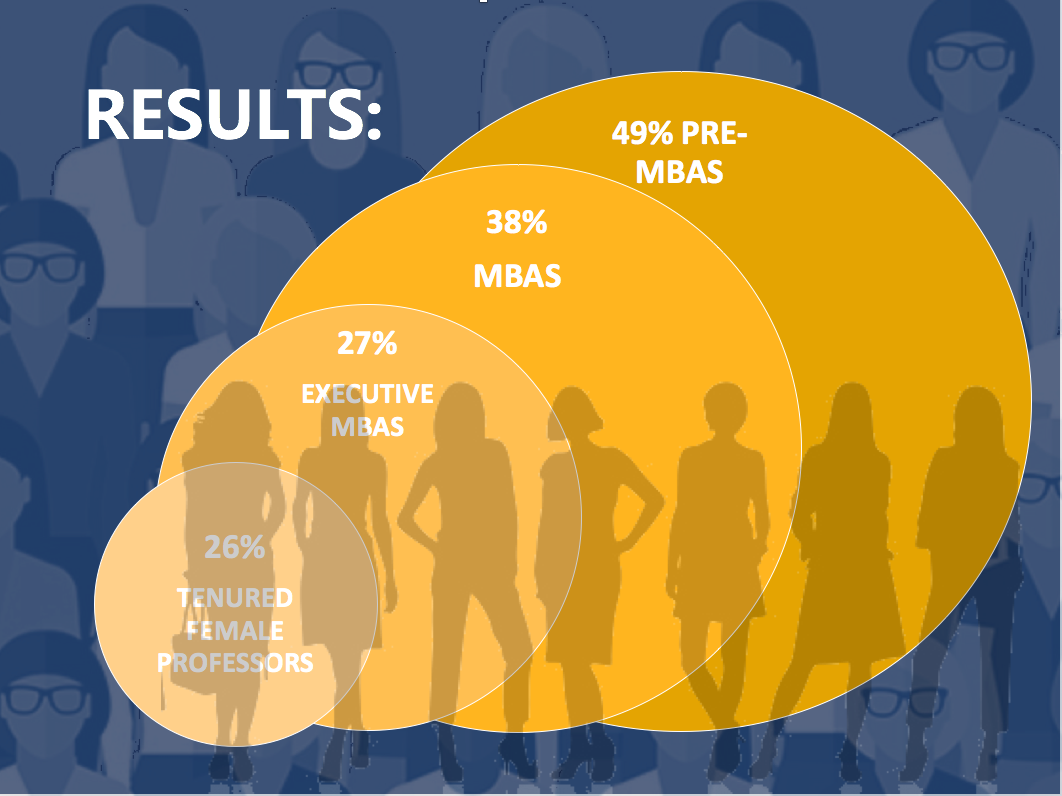When Natania Malin Gazek joined the Women in Management Club at the Yale School of Management, she saw an opportunity to engage business leaders and her peers about gender equity issues in the workplace. More recently, Gazek and Christina Clementi, who together run the club, conceived of a larger project: looking at the issue globally.
“There was an idea that we could use the Global Network to look at an issue like gender,” Gazek said. “Through the Global Network, we could bring together perspectives from all around the world on this huge issue.”

The two women teamed up with Rebecca Brooks and Andreina Pinedo, their counterparts at IE Business School in Madrid, with whom they met virtually to create a plan. The students worked with the Yale SOM global initiatives staff to develop a survey and collect data about gender equity throughout the Global Network for Advanced Management. They partnered with student ambassadors around the network, who collected information from their respective institutions. In under two weeks, they had collected data from 19 schools in 19 countries.
Their survey highlighted one trend in particular: as women progress further along in their career paths, fewer are enrolled in business education programs and fewer find advanced positions within organizations.
Brooks said that the information provided by the survey is useful to clubs at business schools through the Global Network in highlighting gender disparities.
“Everyone defines Women in Business clubs very differently across the world, so this collaboration provided us with another avenue to advocate for encouraging women to advance further through MBA programs and by developing their network,” Brooks said. “We saw an opportunity to educate people in a new way as to why it’s important to have Women in Business clubs and why it’s important to actually promote these issues at business schools.”
Gazek said that the experience of creating the survey highlighted the power of the network in finding points of common interest among Global Network schools.
“Gender inequality is an issue almost everywhere: it just looks a bit different wherever you are. We had an opportunity to see what different schools were doing about the topic and were excited to learn from that,” she said. “We’re eager to find more opportunities for collaboration with these schools to enhance our own programming here, and to realize the full potential of the GNAM as an innovative mechanism for ensuring that businesses benefit from full participation of underrepresented voices in leadership roles.”
